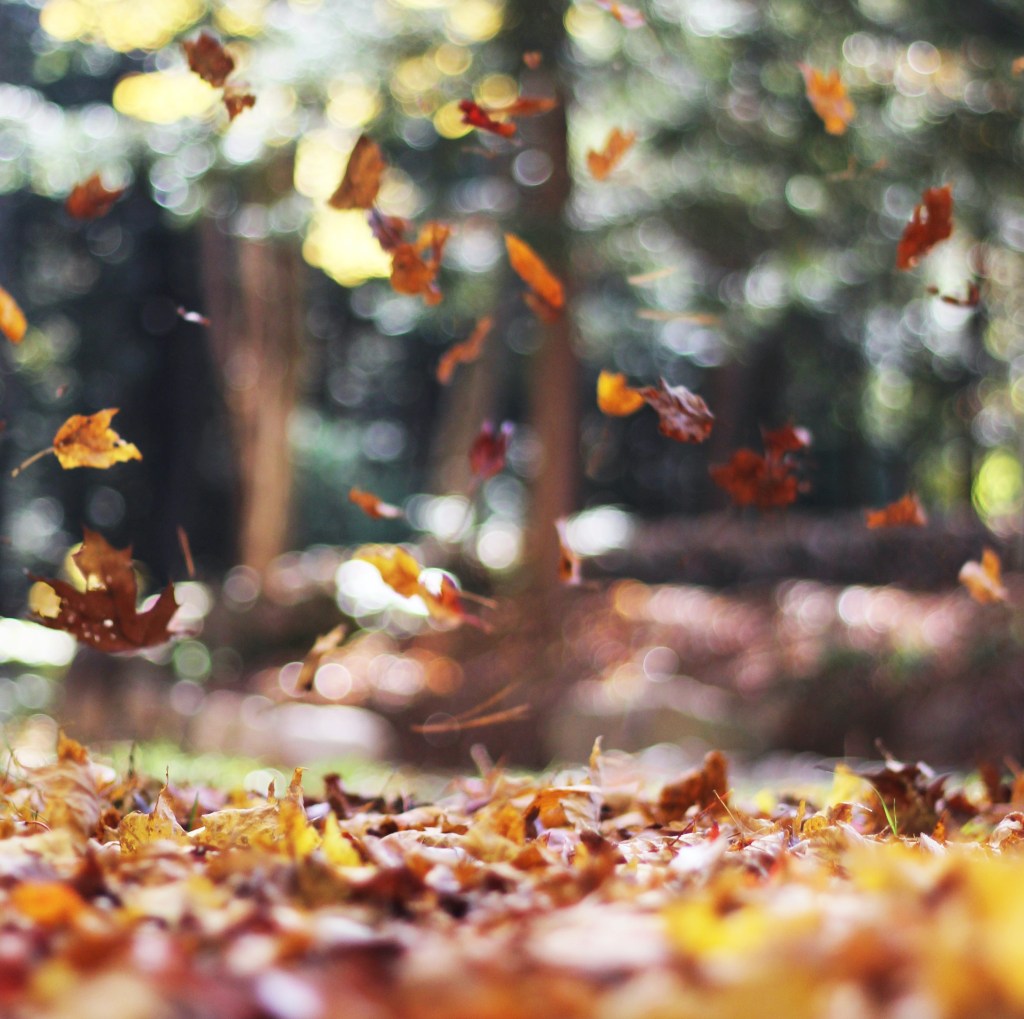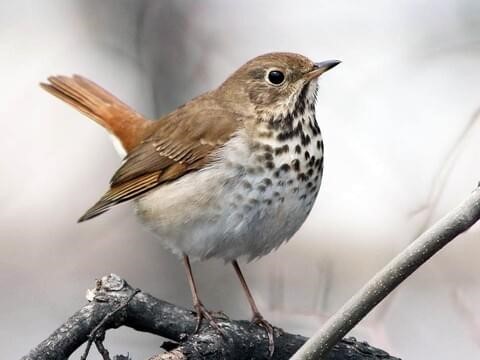Writers, what does your true love say to you?
First Day: Alone in your cozy writing nook, a partridge in a pear tree, you love every word of your new essay. It’s just perfect. Then you realize you’re 500 words over the limit for the contest you want to enter. Yikes!
Second Day: Like those two turtle doves, your initial love for your essay has migrated to sub-Saharan Africa for the winter, maybe forever. You hate your essay now. As you read over it, you realize it’s not very good at all. Is there anything worth keeping?
Third Day: Absolument! Your three French hens remind you of the virtues of faith, hope, and charity. Give yourself a break. Besides, there’s no time to start anything new.
Fourth Day: Or is there? The four “calling birds” in your backyard clamor for a new tune. Start over, the blackbirds sing. Start over! Start over! START OVER!
Fifth Day. You have no energy to begin something new. Your five golden rings may be just brass, but your essay is the best you’ve got, so you decide to polish it up the best you can.
Sixth Day. Okay, so you won’t actually cut anything. You’ll just trim the hedge a teeny bit, taking care not to disturb the six Canada geese-a-laying. You gently prune a few words here and a few words there. But is it enough?
Seventh Day. It is not. However, you refuse to cut the most precious part of your essay. Even if they say that all writers eventually “murder their swans.” Well, that’s for other people to do. Their swans are not as precious as your swans.
Eighth Day. Your cereal milk has soured, and doubt sets in. Wallow in your pity for a while and then get back to the barn with the other maids. You’ve got serious work to do.
Ninth Day. Cutting is actually easier than you thought. The delete key clicks like Ginger Rogers’ heels, and your heart dances with delight. You don’t miss those swans at all.
Tenth Day. Your essay isn’t the same. Now you fear it’s terrible. Ten lords leap in and take it away. You’re happy to see it go.
Eleventh Day. The pipers bring your essay back, and they’re not playing a dirge. When you read your essay again with fresh eyes, you realize it may be better. Leaner, more concise, and more compelling. Hurray!
Twelfth Day. Take a deep breath and submit your revised essay. The world may not love it, but who cares? You do. In your mind, it’s just perfect. And in the end, that’s all that matters. After all, new ideas drum on and on…..
Wishing you the happiest of holidays and a very productive New Year of writing! As you look ahead to 2022, consider joining me on Tuesday, January 11 from 6 p.m. – 8 p.m. via Zoom for How to Move from the Slush Pile to the Rush Pile. In this special class hosted by Charlotte Lit, we’ll cover the art behind successful submissions and how to move from the “slush” pile to the pile editors rush to accept. We’ll discuss how to find the best fit for your writing, tips on putting your best foot forward, and a little secret to boost the number of marketable pieces in your portfolio. We’ll also talk about the nuts and bolts of submission: cover letters, biographies, tracking and more, such as how to stay motivated as you cast those precious pearls out into the world.
Cost: $45 Charlotte Lit members, $55 non-members. Register here online.










